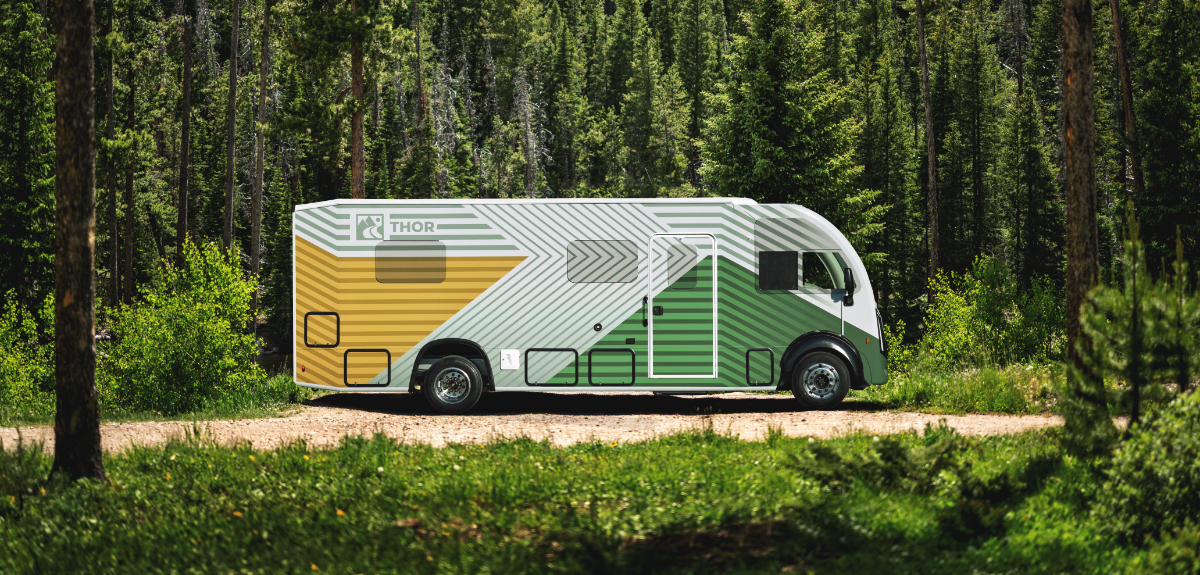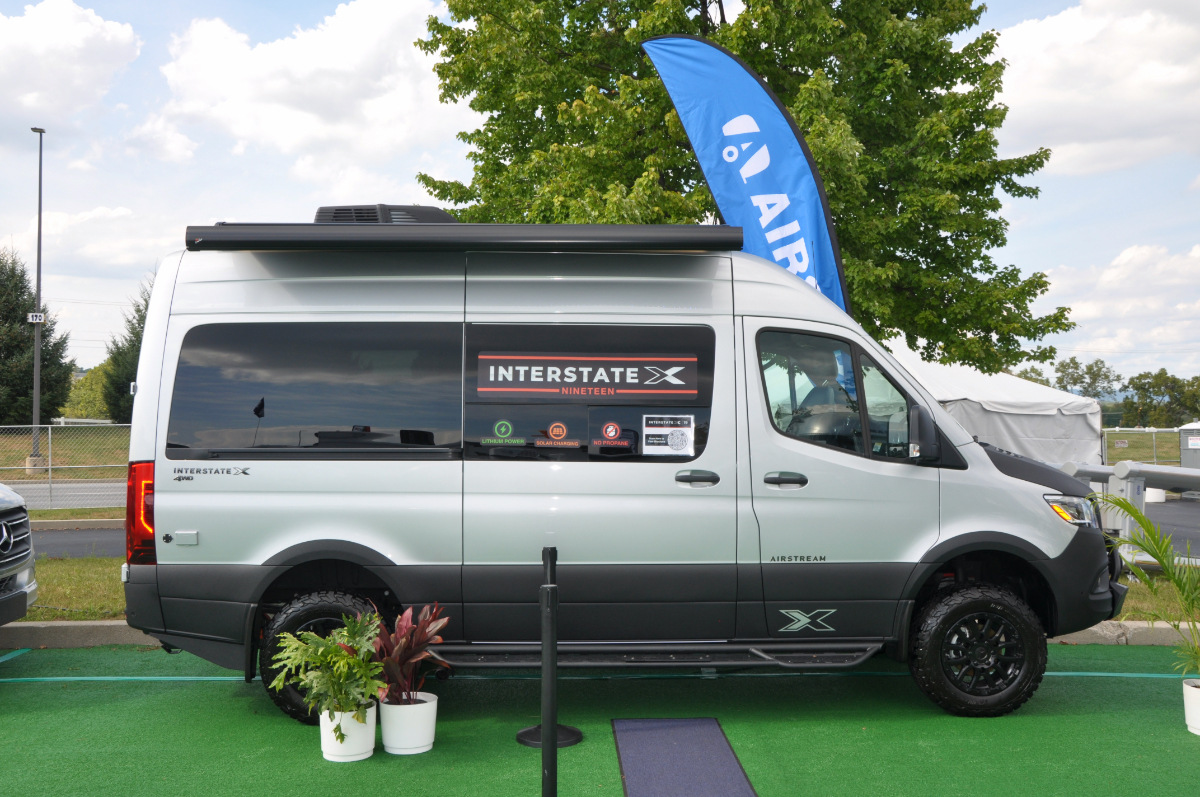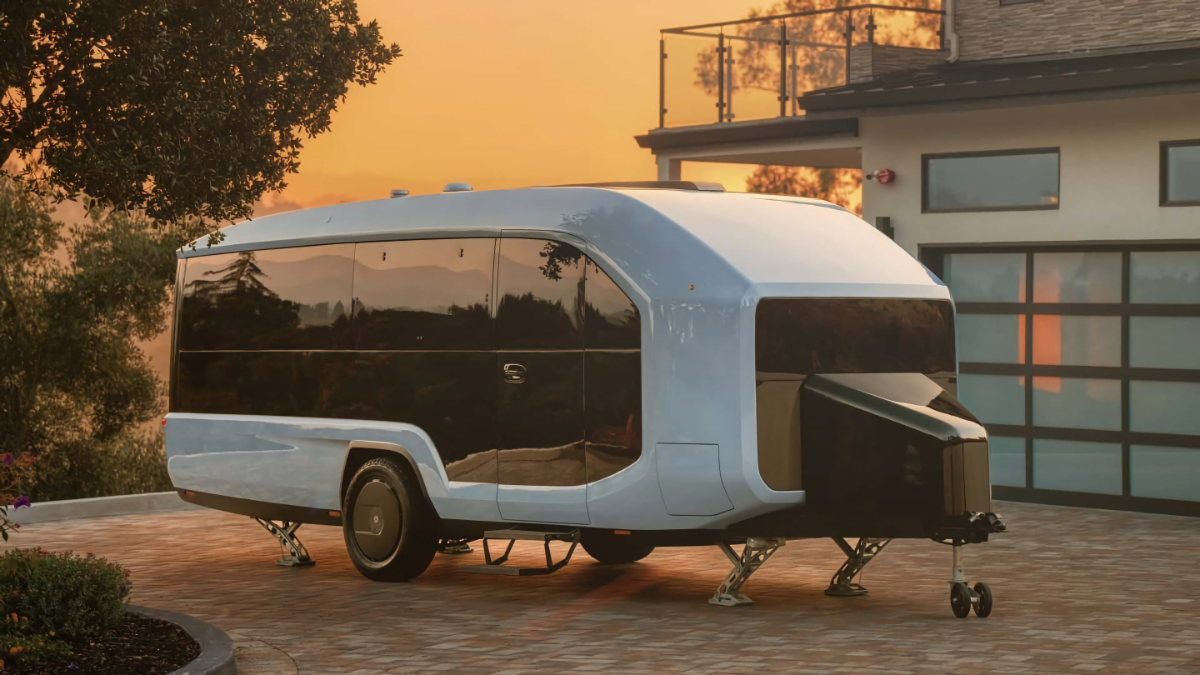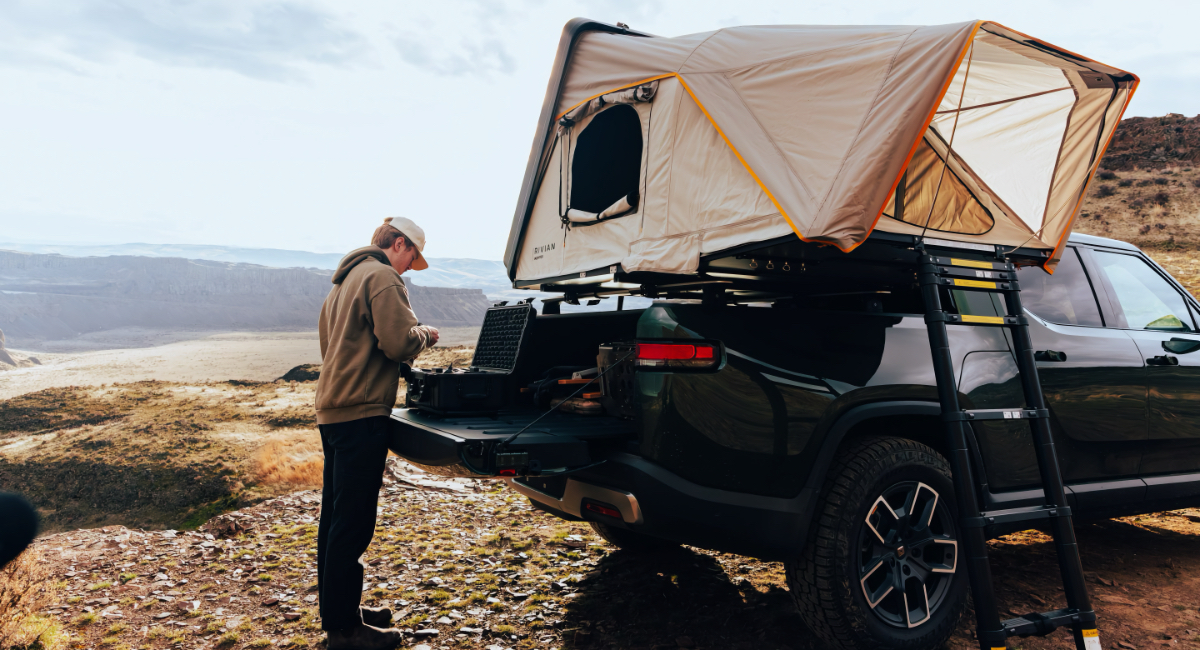It has only been a month since Forest River first announced the Coachmen RVEX electric camper van, but it now looks like this promising Class B model might not even make it to market. That’s because yesterday General Motors announced that it is cancelling its BrightDrop electric van project, eliminating the platform that the RVEX is built on. The question now is, will Coachmen look for another partner or just give up on electric RVs altogether?
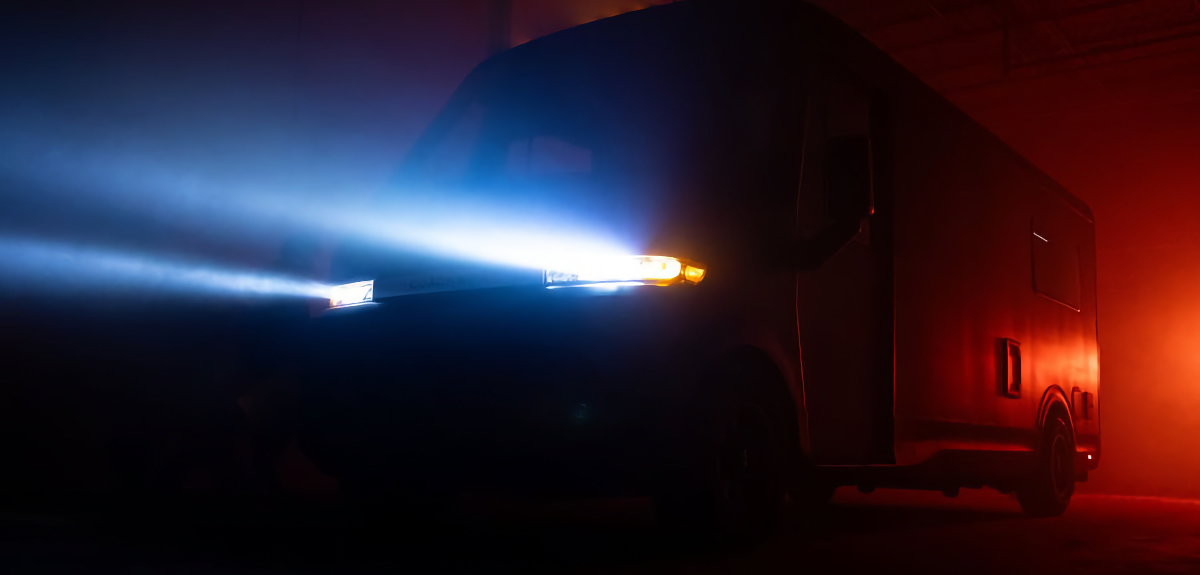
Photo Credit: Coachmen RV
As a reminder, the Coachmen RVEX is the first commercial all-electric camper van to be announced by a major RV manufacturer. Sure, Winnebago has shown off prototypes of its eRV in the past and even gave us the chance to spend a week with the vehicle a few years back. But that model has yet to go on sale and may never become a real product. And yes, Detroit-based Grounded has been building electric Class B models for more than two years, but those efforts are on a much smaller scale than what Forest River has planned. In fact, Grounded also uses the BrightDrop chassis, and with its cancellation, is looking to switch to gas-powered platforms, too.
When Forest River introduced the Coachmen RVEX in September, it touted the vehicle’s 270-mile range, spacious interior, and long list of amenities. Those included dual power sofas that convert into a single king-size bed, a modern kitchen with sleek and efficient appliances, and a large rear tailgate that makes loading and unloading gear and supplies a breeze. There was even a lot of hype around the materials used in the van’s construction. The RV manufacturer partnered with Genesis Products to use lightweight—yet high-quality—woods and fabrics to deliver an upscale experience that didn’t impact the vehicle’s performance. Add in a starting price point in the $150,000 area, and it seemed like the RVEX was on the fast track for success.
Photo Credit: Coachmen RV
Fast forward just a few short weeks, and GM’s announcement of BrightDrop’s cancellation seems to have caught many industry observers off guard. But it was simple economics that killed off the promising platform, which was originally designed to compete in the electric delivery van space—a market that is currently dominated by Ford and Rivian. GM CEO Mary Barra says the company is currently assessing its facility in Ontario, Canada, where the vans were built, to find future opportunities there.
As of this writing, Forest River has yet to weigh in on the fate of the Coachmen RVEX. It is possible that the RV manufacturer has enough BrightDrop chassis to begin building its first-generation electric camper van, and could be sourcing more from GM. Reports indicate that the automaker has a lot of unsold inventory on hand, which also played a role in the decision to cancel the project. Perhaps Forest River will buy up some of that inventory, and the RVEX will forge ahead, while a suitable replacement for future iterations is found. On the other hand, it could cancel the RV altogether and send its engineers back to the drawing board to work on a new version.
Photo Credit: Coachmen
For now, the fate of the RVEX is up in the air. Hopefully, we’ll see this unique new Class B model come to market sometime in the future, as the idea of an all-electric camper van, especially at an affordable price, is still an intriguing and exciting prospect. Stay tuned for updates on this story.
The post Is the Coachmen RVEX Electric RV Already Cancelled? appeared first on RV.com.
